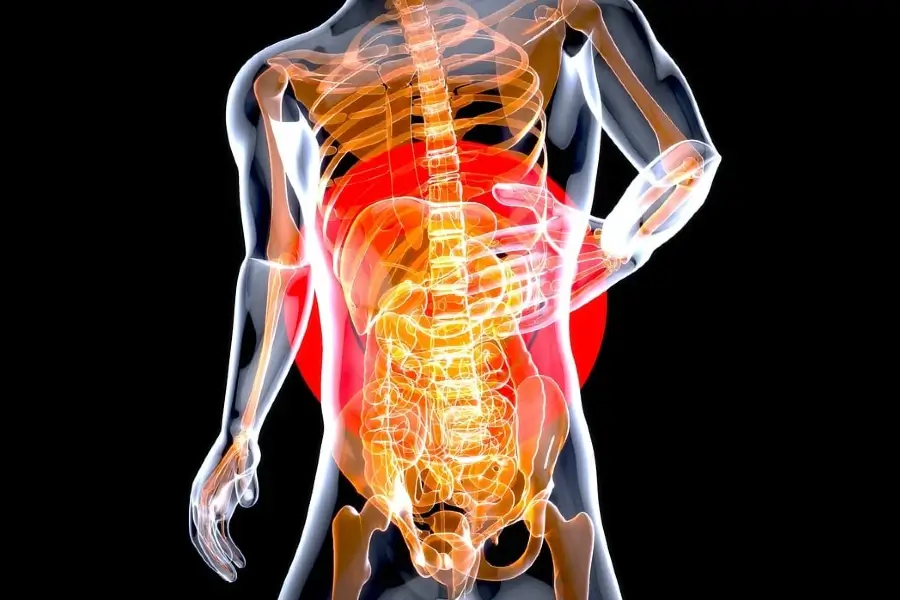You have a point. It has been shown by research that those who suffer from inflammatory bowel disease (IBD), which encompasses conditions such as Crohn’s disease and ulcerative colitis, may be at a higher risk of experiencing a heart attack in comparison to the general population.
To illustrate the connection, below is a breakdown:
The persistent inflammatory response in the digestive tract is one of the hallmarks of inflammatory bowel disease (IBD). This persistent inflammation could contribute to inflammation throughout the body, potentially affecting blood vessels and raising the chance of having a cardiac condition.
Risk factors that are shared; inflammatory bowel disease and cardiovascular disease share certain risk factors, such as smoking and high blood pressure. Addressing certain risk factors may be essential to improving one’s general health.
Medication; certain drugs, such as corticosteroids, which are used to treat inflammatory bowel disease (IBD), may modestly raise the risk of developing heart disease.
These inflammatory chemicals have the potential to facilitate the formation of blood clots.
Even though the precise causes for the connection are still being investigated, several research point to an increased risk of:
Plaque can accumulate in the arteries, causing atherosclerosis, which can cause the arteries to become narrower and raise the likelihood of having a heart attack.
Chronic inflammation is a continuous state of immune system activation that can majorly impact various areas of human health. Blood clots are a significant manifestation of this condition. When it comes to the health of the cardiovascular system, persistent inflammation may be a factor in an increased risk of blood clots, which can have severe repercussions.
When the body is subjected to persistent inflammation, the immune system continues to be in a state of heightened activity, which releases inflammatory mediators such as cytokines and chemokines.
These inflammatory chemicals have the potential to facilitate the formation of blood clots, which is further referred to as thrombosis, by activating the coagulation cascade and promoting the adhesion and aggregation of platelets.
If a blood clot forms in an artery that supplies blood to the heart, it can result in a heart attack.
Blood clots can be especially problematic because they can obstruct the flow of blood to key organs like the heart, which can be a significant cause of pain and discomfort. If a blood clot forms in an artery that supplies blood to the heart, it can result in a heart attack, which is a condition that can be fatal.
The restricted blood flow that is caused by the clot can deprive the heart muscle of oxygen and nutrients, which can lead to damage to the tissue as well as damage that may be irreversible.
In addition to the greater likelihood of having a heart attack, blood clots that are caused by chronic inflammation can also play a role in the development of other cardiovascular disorders, such as deep vein thrombosis, pulmonary embolism, and stroke.
The fact that these disorders can have severe and even possibly fatal effects highlights the significance of addressing and controlling chronic inflammation to preserve overall cardiovascular health.
It is essential for people at risk of chronic inflammation, such as those with conditions such as obesity, diabetes, or autoimmune disorders, to collaborate closely with their healthcare providers to manage their inflammation and reduce the likelihood that they will develop blood clots and other cardiovascular complications.
Important Considerations to Keep in Mind:
As opposed to being a guarantee, this is a potential danger. There are a lot of people who have inflammatory bowel disease who live long and healthy lives. The risk of having a heart attack can be decreased by leading a healthy lifestyle and effectively controlling inflammatory bowel disease (IBD).
It is essential to have regular conversations with your physician about your heart health, particularly if you have inflammatory bowel disease (IBD).
